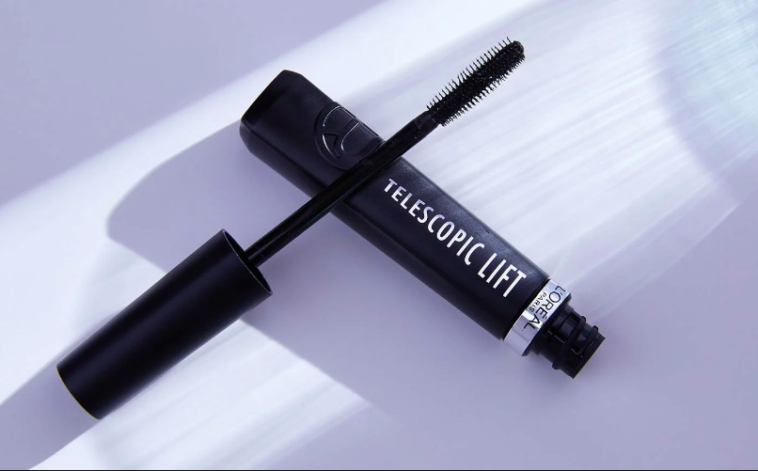For decades, women have searched for the perfect product to compliment their eyes. Recently, L’Oréal released the Telescopic Lift Instant Lift Washable Mascara, their latest formulation designed to “Lift your lashes to the Next Level.” The wand’s sleek packaging and L’Oréal reputation are two great reasons to check out this new product…but it has caused quite a stir on TikTok.
The Telescopic Lift TikTok Lash Scandal
Mikayla Nogueira is a makeup artist and beauty guru on TikTok who has amassed over 14 million followers. Her popularity surged during the pandemic, as her informative and inspiring posts as a former Ulta employee helped many people better understand their beauty routines and makeup preferences.
Recently, she partnered with L’Oréal to create a video promoting the Telescopic Lift formula. Her verdict? A satisfying “This literally just changed my life. This looks like false lashes, how, what?” She then cuts to a second frame after telling her audience she will apply a second coat. But when she comes back? Her eyelashes look so noticeably different that many viewers now believe she used false eyelashes to help boost the product’s value.
Jeffree Star Responds
Jeffree Star, who is indeed surrounded by his fair share of controversy, addressed the lash scandal. In a TikTok video, he discusses how some influencers lie in their product reviews to appease sponsors. “It’s really pretty… the bottom lashes look stunning… It’s cute, it’s very affordable… is it the greatest thing on the planet? No! But I’m not getting paid to say that!”
Star’s warning to “be careful” when trusting influencers is completely warranted, and an eye-opening message for those who have been on the “buy everything you see on TikTok” train.
Can We Trust What Influencers Say?
Brands are always looking for ways to promote their products where their customers are. This is nothing new. Marketing firms have existed for years, creating advertisements that may mislead the general public. But, hello, we know that Red Bull doesn’t actually give you wings.
The issue is that consumer spending on TikTok is now over $2.5 billion annually. The platform’s user generated content looks authentic by design, so viewers should be aware of the incentive structure when they see an influencer promote a product. Many viewers trust social media-based influencers like they would a true friend, and that may be problematic.



